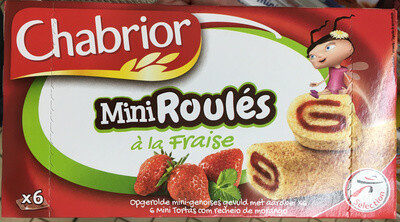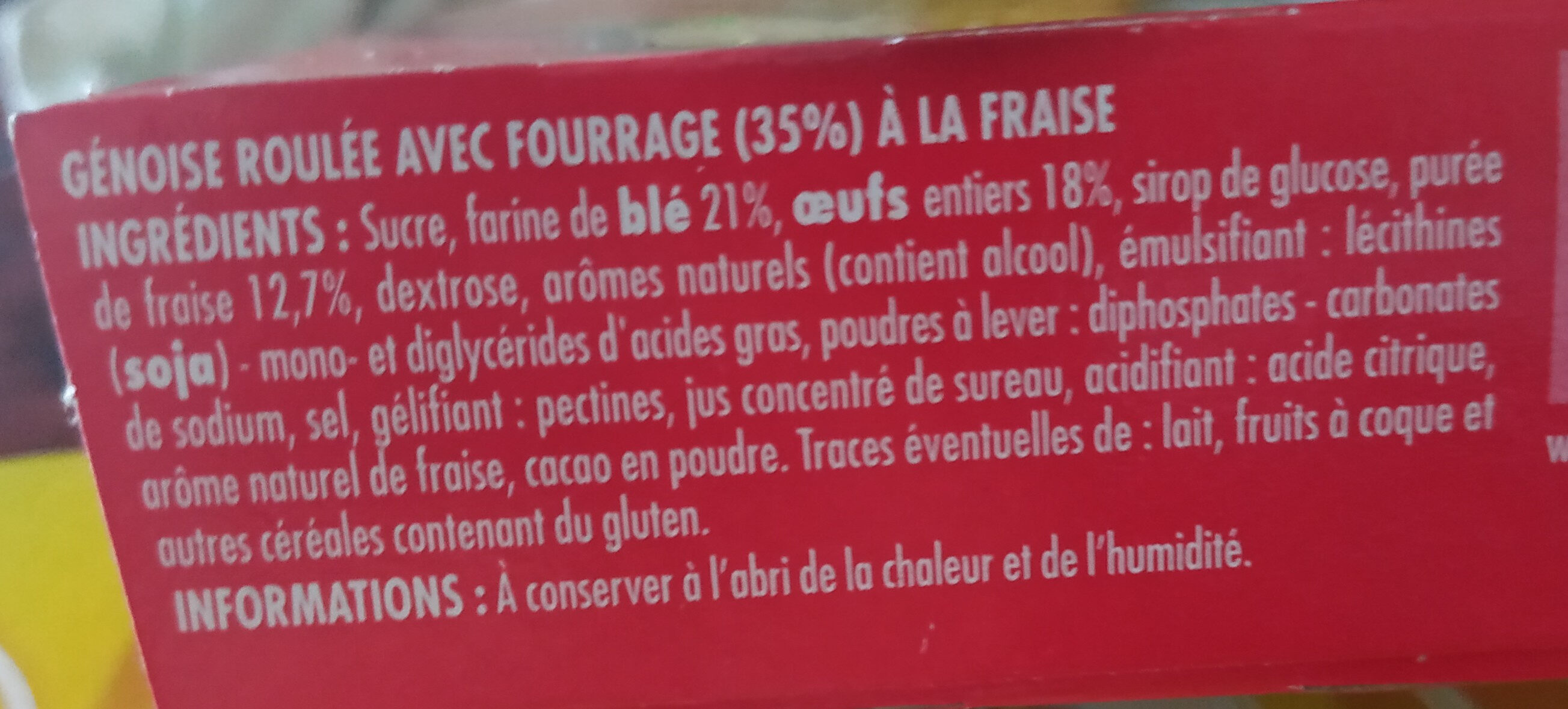Mini Roulés à la Fraise - Chabrior - 6 * 25 g (150 g)
This product page is not complete. You can help to complete it by editing it and adding more data from the photos we have, or by taking more photos using the app for Android or iPhone/iPad. Thank you!
×
Barcode: 3250391447299 (EAN / EAN-13)
Common name: Génoises roulées fourrées à la fraise
Quantity: 6 * 25 g (150 g)
Packaging: Plastic, Bag, Cardboard
Brands: Chabrior
Categories: Snacks, Desserts, Sweet snacks, Biscuits and cakes, Cakes, Filled-sponge-cake-rolls, fr:Gâteaux à la fraise
Manufacturing or processing places: Italie
Stores: Intermarché
Countries where sold: France
Matching with your preferences
Environment
Packaging
Transportation
Report a problem
Data sources
Product added on by tacite
Last edit of product page on by moon-rabbit.
Product page also edited by dieteticienne, ecoscore-impact-estimator, kiliweb, openfoodfacts-contributors, packbot, tinioff, yuka.sY2b0xO6T85zoF3NwEKvlnF1fujUmhvVKwXmuUeIzMyVMZHufdNIsqbRP6s.











